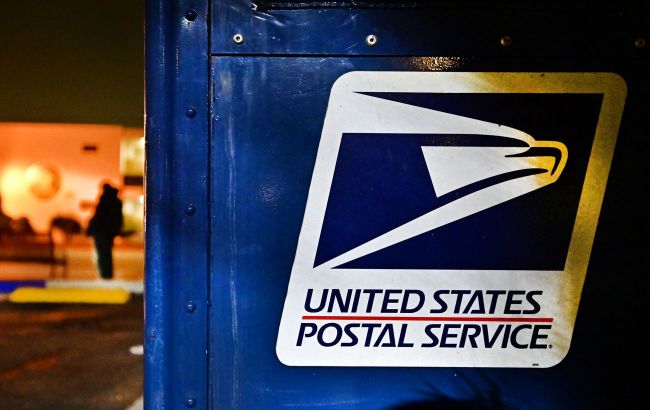US imposes tariffs on all imported parcels – Here’s how it works
 Photo: The US has imposed tariffs on parcels worth up to $800 (Getty Images)
Photo: The US has imposed tariffs on parcels worth up to $800 (Getty Images)
The abolition of the de minimis rule will affect millions of buyers and online stores around the world. Parcels from Ukraine will be subject to the new tariffs, Reuters reports.
In the US, the abolition of tariff exemptions for parcels worth less than $800 will finally come into force on August 29.
There will be a six-month transition period during which postal services can choose to pay a fixed duty of between $80 and $200 per parcel, depending on the country of origin.
The US Customs and Border Protection agency will begin charging standard tariff rates on all imported parcels, regardless of their value.
This expands on the Donald Trump administration's decision earlier this year to abolish the de minimis rule for shipments from China and Hong Kong.
Trump administration's arguments
"President Trump's ending of the deadly de minimis loophole will save thousands of American lives by restricting the flow of narcotics and other dangerous prohibited items, and add up to $10 billion a year in tariff revenues to our Treasury," said White House trade adviser Peter Navarro.
"This is a permanent change," added a senior administration official, noting that any attempts to restore the benefits for trading partners are doomed to failure.
History and reasons for changes
The de minimis rule has been in effect since 1938 and was raised from $200 to $800 in 2015 to support small businesses on online marketplaces. However, after tariffs on Chinese goods were raised during Trump's first term, direct shipments from China increased sharply, leading to the growth of Shein and Temu.
Many of these parcels entered the US without being inspected. The administration also blamed the exemption for facilitating the entry of fentanyl and its precursors into the US market.
Scale of problem and new tariffs
According to CBP estimates, the number of parcels using the de minimis rule has increased almost tenfold, from 139 million in fiscal year 2015 to 1.36 billion in 2024. Since May, when the exemption for China and Hong Kong was abolished, more than $492 million in additional duties have been collected.
Full tariff rates will apply to all parcels delivered via FedEx, UPS, and DHL. These companies will be required to collect duties and complete paperwork.
Conditions for foreign postal services
Foreign postal operators will be able to either collect duties based on the value of the parcel or choose fixed rates. Under the new rules, this is $80 for countries with tariffs up to 16% (UK, EU, Ukraine), $160 for countries with tariffs of 16-25% (Indonesia, Vietnam), and $200 for countries with tariffs above 25% (China, Brazil, India, Canada).
However, by February 28, 2026, all postal services must switch to charging duties based on the value of the contents.
Possible disruptions and exceptions
Officials acknowledged that some foreign postal services have already suspended shipments to the US. However, authorities said they are working with partners and the US Postal Service to minimize disruptions.
US representatives reported that the United Kingdom, Canada, and Ukraine have confirmed the continuation of parcel deliveries to America.
Ukraine's Nova Poshta has changed its delivery rules to the US due to changes in legislation. If the sender is selected as the payer, 10% of the parcel cost will be added to the delivery cost. For Ukraine, there is a general tariff for exports to the US of 10%.
The state-owned Ukrposhta has already raised its tariffs due to the new rules for sending parcels to the US.


